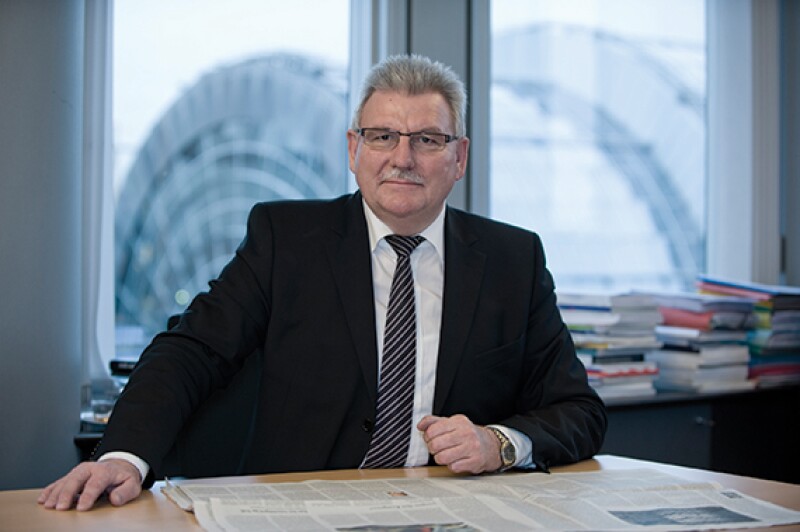
|
The European Parliament Committee of Inquiry into Money Laundering, Tax Avoidance and Tax Evasion (PANA) is a new entry this year |
The PANA Committee was set up in June 2016, after the Panama Papers – a leak of 11.5 million files from offshore law firm Mossack Fonseca that shed light on the tax affairs of government officials, celebrities and business people. The committee has conducted a comprehensive investigation into tax avoidance, tax evasion and money laundering, and has influenced the debate on everything from protection of whistleblowers to EU tax law. Although the investigation is finished and the committee dissolved on December 8, its findings will have an impact on tax policy debate for years to come.
"We have conducted an investigation into money laundering and tax evasion on a scale that is unprecedented," Werner Langen (pictured), chair of the PANA Committee, tells International Tax Review. "We organised 28 public hearings, heard hundreds of experts from politicians, policymakers and supervisors, to non-governmental organisations, journalists, academics, lawyers, bankers and accountants. Moreover, we commissioned nine academic studies and visited seven countries for fact-finding missions. The result is a detailed report that outlines the different types of offshore structures in place today, the different motivations of people, and we recognise trends in structures and destination countries."
The committee recently published its final inquiry report as well as a draft European Parliament recommendation for the European Commission and the Council. There will be a plenary debate and a vote on the recommendation in December 2017. The report's relevance is confirmed by the Paradise Papers – the latest global tax scandal to emerge, pointing fingers at various high net-worth individuals, including celebrities, who are accused of tax avoidance.
Among other things, the committee has looked at to what extent EU law, particularly the anti-money laundering directive, is implemented in practice, and witnessed many shortcomings which are included in the report. Furthermore, the committee has looked at the international cooperation in the field of anti-money laundering and tax evasion, and concluded that the current OECD list of tax havens, as well as the list of high-risk countries in view on money laundering and terrorism financing, are not a reflection of reality, because many countries featuring in the Panama Papers have been taken off the lists because of promises, rather that action.
Langen tells ITR that the key steps towards reaching success have been good definitions of research questions, good planning and persistence. He adds that the committee would not have existed without the hard work of courageous journalists and whistleblowers. Langen specifically points to Daphne Caruana Galizia, the Maltese journalist who was killed by a remotely detonated car bomb in October. Galizia, an anti-corruption activist, had shared her views in talks with the committee. "We will not forget her," Langen says.
In 2018, Langen hopes to see the Commission's proposal for a mandatory disclosure of international tax schemes by intermediaries materialise. He also believes that the committee's work, combined with the OECD's common reporting standard, will mean more international tax cooperation between EU member states.
"I hope we will get to a point at which people will just give up their 'cat and mouse games', because they realise they cannot hide from the tax man anymore," Langen says. "We now have the Paradise Papers, we had the Football Leaks and we had LuxLeaks. There will be more revelations and we see that the public opinion is with us. People and small businesses do not accept that they have to pay their full share of taxes, whereas the rich and famous and big multinational companies get away with low rates, thanks to smart advisers who know how to explore existing loopholes. We also see movement on the side of EU member states and the Commission. Many legal initiatives are underway or are about to enter into force."
The PANA Committee's work will continue to be important in the years to come, because while global efforts are being made to clamp down on tax evasion, tax avoidance and money laundering, the Paradise Papers are proof that these are still highly topical issues.
The Global Tax 50 2017 |
|
|---|---|
The top 10 • Ranked in order of influence |
|
6. Arun Jaitley |
|
The remaining 40 • In alphabetic order |
|
| The Estonian presidency of the Council of the European Union |
|
| International Consortium of Investigative Journalists (ICIJ) |
|
| United Nations Committee of Experts on International Cooperation in Tax Matters |
|









